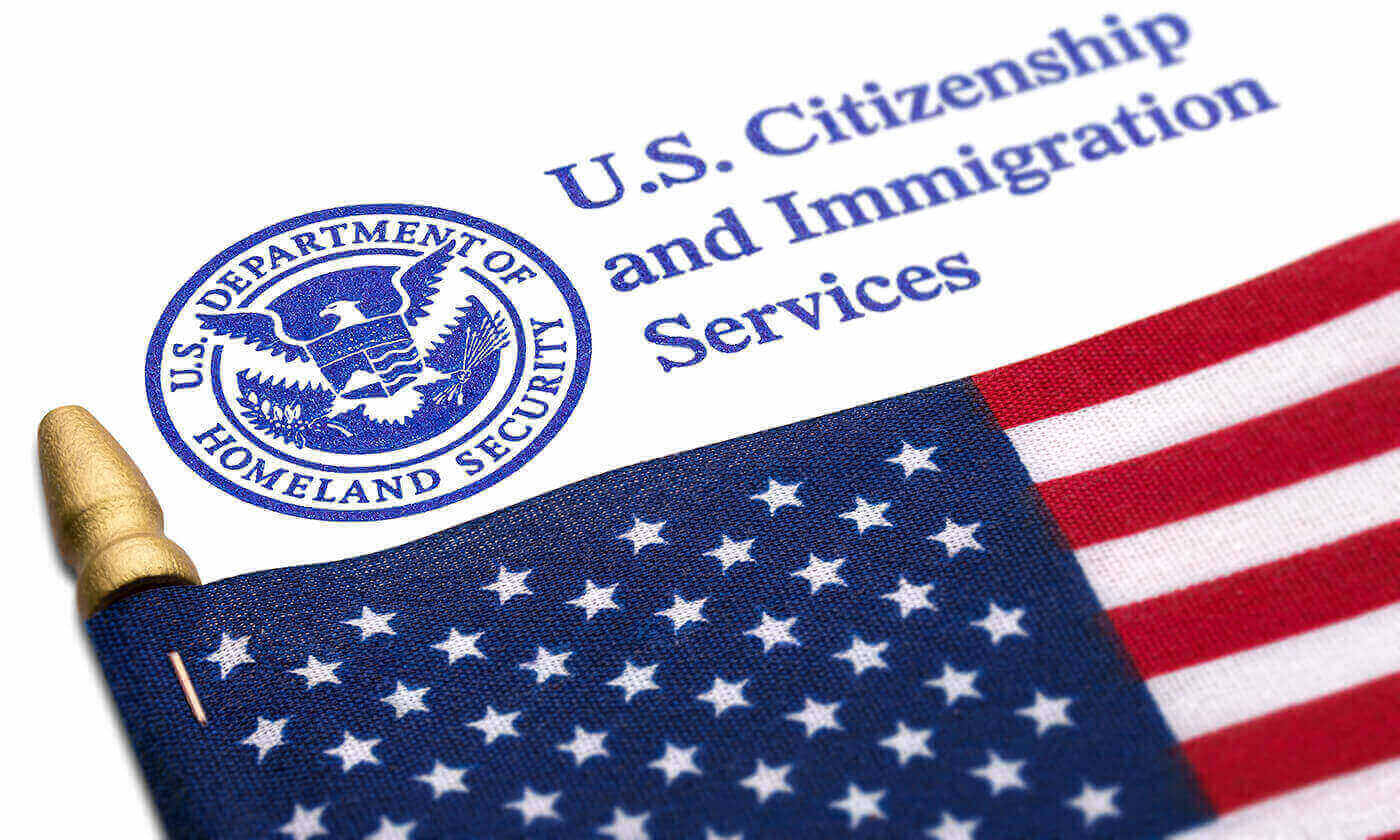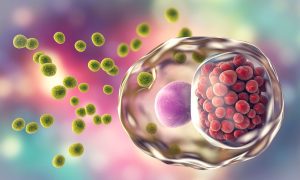Navigating the immigration process can be complex, especially when it involves establishing biological relationships through DNA testing. At Genetrack Biolabs, we’re here to simplify this process for you. As an AABB-accredited laboratory, we specialize in DNA immigration testing and can guide you through each step of the process. Our immigration DNA tests ensure full compliance with the requirements set forth by the U.S. Citizenship and Immigration Services (USCIS) and Department of State (DOS).
Need a DNA Immigration Test? Get Started Now →
When is Immigration DNA Testing Required?
DNA testing may be requested by the United States Citizenship and Immigration Services (USCIS) or the Department of State (DOS) in various situations related to immigration and visa applications, particularly when there is insufficient credible evidence to establish the validity of a biological relationship. Common scenarios where DNA tested may be warranted include visa, passport, refugee, Consular Report of Birth Abroad (CRBA), and citizenship applications, or family petitions for immigrating to the US.
The DNA Testing Process
The immigration DNA process for USCIS involves several steps:
- Determine if DNA Testing is Needed: If DNA testing applies in your case, you may receive a recommendation to provide DNA evidence from a U.S. embassy, consular office, or passport agency. This suggestion is usually in the form of a Request for Evidence (RFE) or Notice of Intent to Deny (NOID) letter when insufficient credible evidence has been submitted to establish a biological relationship.
- Choose an AABB-accredited Laboratory: USCIS requires that DNA testing be performed by an AABB-accredited laboratory. Genetrack, one of the world’s largest DNA relationship testing laboratories, is an AABB-accredited laboratory that specializes in DNA immigration testing for passport, immigration and citizenship cases.
- Attend DNA Testing Appointment: At the DNA testing appointment, DNA samples will be collected using non-invasive buccal (mouth) swabs from each family member. Genetrack will arrange sample collection for participants located in the U.S., and the US Embassy or Consulate oversees the DNA sample collection for any participant(s) located overseas.
- Submit DNA Test Results to USCIS: After the DNA samples are collected, they will be couriered immediately to our laboratory for analysis. Once the analysis is complete, we will provide an official copy of the results directly to the requesting agency, and a second copy will be sent to you directly.
At Genetrack Biolabs, we offer fast, accurate, and reliable DNA testing services. Our results are available within 1 to 3 business days after we receive all samples at our AABB-accredited laboratory.
Contact Us for a Personalized Quote
We understand that every situation is unique, and we’re here to provide personalized assistance. Contact our DNA experts to receive a personalized quote within 24 hours. You can complete our online quote form, call us at +1-888-284-6553 (USA) or +1-206-785-7266 (international), or send us an email at immigration@genetrackus.com.



